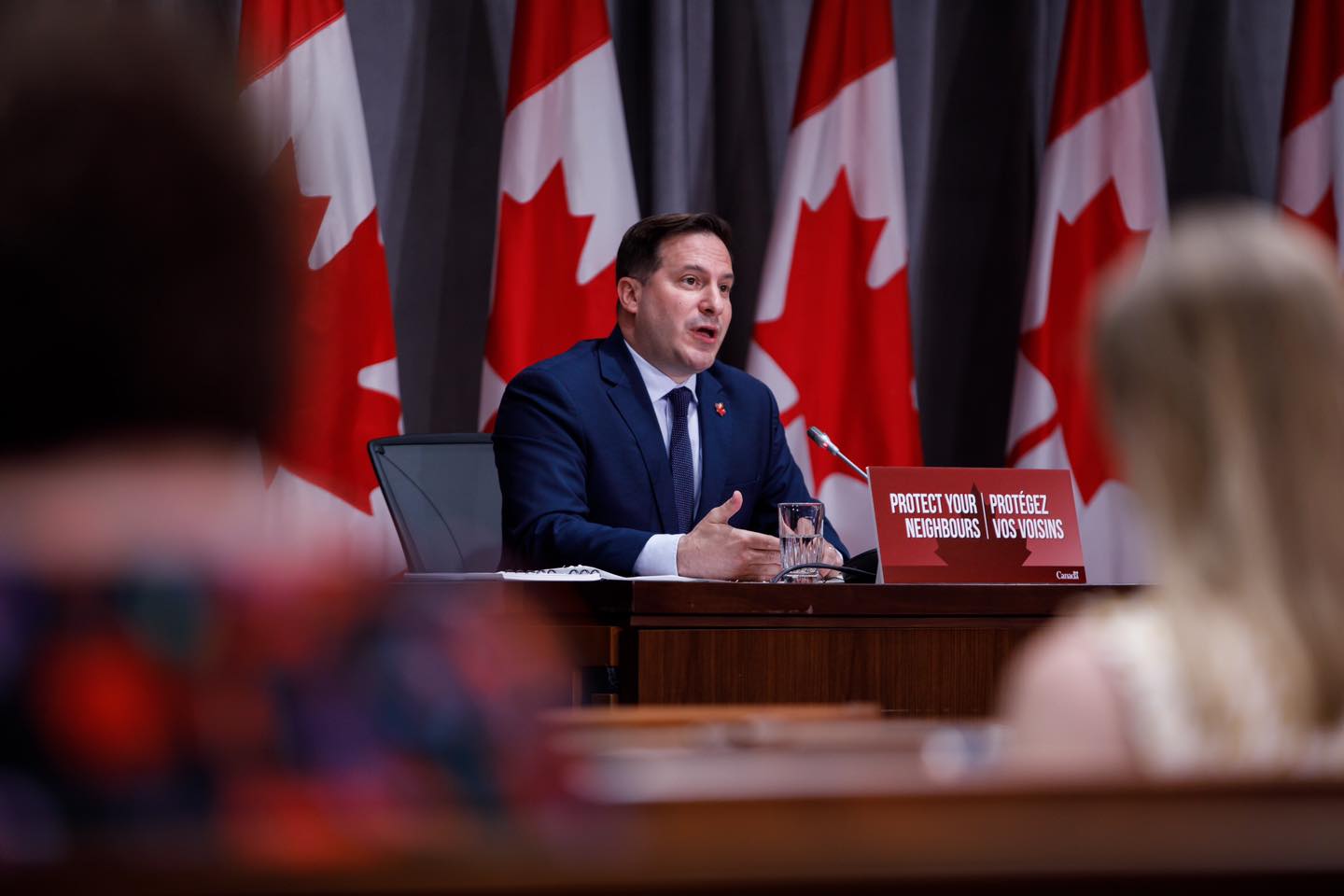According to Immigration, Refugees and Citizenship Canada (IRCC), the government of Canada aims to welcome 401,000 new permanent residents in 2021, 411,000 in 2022, and 421,000 in 2023. Canada received only 185,00 new immigrants against a target of 341,000 in 2020.
To compensate for the shortfall, Immigration Minister Marco Mendicino recently announced a special one-time plan to grant permanent residence to 90,000 recent international graduates and temporary foreign workers with work experience in 40 essential health-care occupations, as well as 95 other essential occupations. This will account for nearly a quarter of the immigration target set for 2021; the plan will begin on May 5 for the next six months or until the target is achieved.
This is a smart move. It will save on processing time of immigration applications, reduce travel in a restricted international environment, and many of the applicants are already employed and integrated into Canadian society.
Welcoming another 311,000 new immigrants this year and over 400,000 in the next two years in the current socioeconomic conditions raises important questions.
Do we have opportunities available for those who lost jobs during the pandemic?
Are we creating enough new positions in a COVID-hit economy to absorb a large number of new immigrants every year?
Will it be easy for newcomers to get settled in Canada in an uncertain economic and health situation?
There have been layoffs in airlines, entertainment, manufacturing, retail, restaurants, travel, tourism, and many other industries. It is not easy to regain 450,000 jobs that have not been recovered since the start of the pandemic. StatsCan says Canada’s jobs recovery improved in March, adding more than 303,000 net new jobs, as the unemployment rate fell to 7.5 per cent, but the unemployment rate for immigrants who arrived five years earlier or less was 13.5 per cent in 2020.
A report in the Canadian Press on March 2 says COVID-19 shuttered businesses and led to millions out of work; real GDP shrank 5.4 per cent, the steepest annual decline since 1961.
Job creation is very important for economic growth. Increased employee earning leads to higher rates of consumer spending, which benefits businesses that depend on sales to stay open and pay vendors. Economic and financial instability such as disruptions to industrial production, falling commodity prices, financial market volatility, export and import difficulties, and rising insecurity are preventing economic growth and job creation in Canada.
It appears we don’t have a clear plan for the future; businesses are advised to close and reopen with short notice and without recognition that this incurs large costs for the owners, who want some certainty. This can’t be provided without stability in controlling the spread of COVID-19. Frankly, we have chaos, confusion, and contradiction in vaccine rollout plans and schedules in Canada.
Who can create and offer jobs to more than 400,000 newcomers in this situation of uncertainty?
I lost my manufacturing job last September and am still sitting at home with 20 years of Canadian experience.
The anxiety level of Canadians is high. Children and parents are getting frustrated with the repeated openings and closures of schools resulting in uncertainty. Restrictions and the closure of workplaces with outbreaks are further delaying economic recovery and job creation in the country, especially in Alberta and Ontario.
In Alberta a seven-day rolling average of COVID-19 cases hit 440.5 cases per million population on May 3, setting a new record. It’s also more than double the national rate of 210.3, and well above the second-worst province, Ontario, which has a rate of 247.7 per million population. These two provinces are generally more appealing and important for newcomers, as they find more opportunities there.
The 2021 federal budget proposes $101 billion in new spending in addition to $350 billion already spent to fight COVID-19 and to help affected families and workers by boosting the economy. This is generous spending, but the realities in hospitals and businesses are alarming and don’t show a rosy picture.
The immigration ministry shows the other view with plans to integrate more than 400,000 new immigrants every year. This is good for Canada in non-pandemic circumstances and helps business and economic development during normal socio-economic activities.
The new immigrants face the challenges of language fluency, education assessments, searching for career-track jobs, housing, access to local services, transportation, cultural differences, extreme weather conditions — and now 14 days quarantine on arrival, with limited money in their wallet.
Can we imagine newcomers easily overcoming these challenges in the prevailing conditions?
New variants of COVID-19 are spreading and COVID-19 control and vaccination rollouts in countries like China, India, Pakistan, and the Philippines, which are major sources of immigrants to Canada, are facing challenges. Some of those incoming may not be in a good state of health.
Canada is a land of opportunity. Immigrants have built this country and their contributions have been admirable. Earlier waves of immigrants came from Europe, and later in the 1970s they started coming from Asia, Africa, South America and the Middle East, and they are serving this country in every sphere of life.
In addition to permanent residents, migrant workers coming from Mexico and other countries help Canada grow agricultural produce in extremely difficult working conditions and Canadians are grateful to them for their important contribution to our economy.
With the spread of COVID-19, the situation has changed. We need a practical approach to immigration levels, keeping in mind the realities of the time and the uncertainties of the economy. A little postponement in the implementation of immigration plans may help us keep a balance between unemployment and recovery.
Mehdi Rizvi is a chemist and former member of the Toronto Star community editorial board.
Image credit: Marco Mendicino/Facebook




